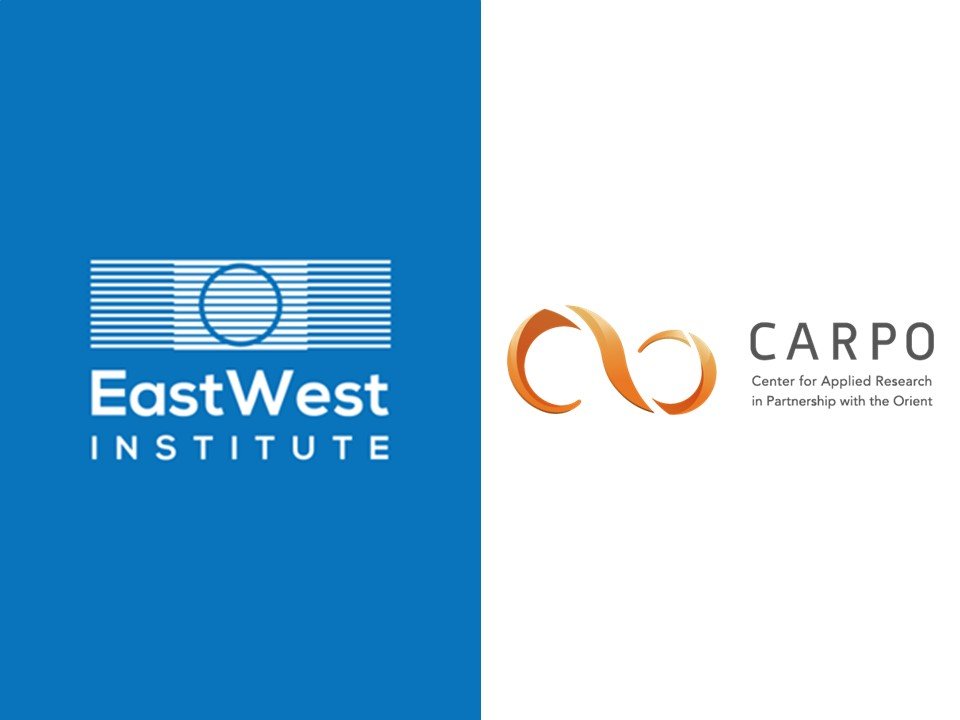
March 11, 2020
CARPO’s inaugural “Brussels MENA Briefing” focuses on Iran’s parliamentary elections and the resulting domestic implications and consequences for Iranian foreign relations.
On March 3, the Center for Applied Research in Partnership with the Orient (CARPO) and the EastWest Institute (EWI), launched its “Brussels MENA Briefing” series with the topic of the recent parliamentary elections in Iran. Dr. Azadeh Zamirirad from the German Institute for International and Security Affairs (SWP) and Adnan Tabatabai from CARPO led the discussion, with EWI’s Wael Abdul-Shafi serving as moderator.
The briefing focused on the domestic and regional implications of the elections held on February 21. Iran’s conservative political camp, the Principlists, claimed victory despite a voter turnout of 42 percent—the lowest since the 1979 Islamic Revolution. Although the Iranian Parliament does not decisively shape Iran’s foreign policy, the timing of the election results is significant, especially as U.S. sanctions and regional tensions—as well as the recent outbreak of the Coronavirus—negatively impact global perceptions of Iran.
These parliamentary elections may foreshadow the presidential elections of 2021, considering the effect the parliament has on the public-political discourse. This is especially important given the sensitive timing of the elections, in which the looming succession of Iran’s Supreme Leader Ayatollah Khamenei is an increasing topic of discussion. Furthermore, the election results may be a manifestation of the more confrontational foreign policy approach Iran has been taking since last summer.
The discussion also touched upon the assassination of Major General Qasem Soleimani, who’s death mostly impacted not Iran but Iraq, where Soleimani was able to unite different Iraqi-Shia factions. Soleimani’s image in Iran has become institutionalized, as illustrated by the strategic placement of a billboard overlooking Tehran’s Valiasr Square on the eve of elections, showing a diverse Iranian population standing united behind Soleimani. The image symbolizes a shift of emphasis from Islamic sentiments to national unity.
Other topics raised during the briefing include a need for the European Union (EU) to open communication channels with conservative camps in Iran, the importance of recognizing differences within the conservative factions and a greater consideration of how social issues influence the political sphere. For the EU, the political shift in Iran might be a source of opportunity, confirming the saying that “hawks may be the best peacemakers.”
Desirée Custers, MENA Briefing